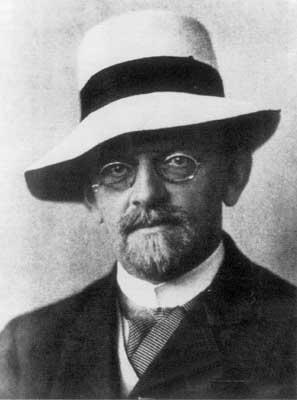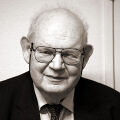David Hilbert (nonfiction): Difference between revisions
No edit summary |
|||
| (One intermediate revision by the same user not shown) | |||
| Line 28: | Line 28: | ||
* [[Alan Turing]] | * [[Alan Turing]] | ||
* [[Georg Cantor]] | * [[Georg Cantor]] | ||
* [[Crimes against mathematical constants]] | |||
* [[Gnomon algorithm]] | |||
* [[Mathematics]] | * [[Mathematics]] | ||
| Line 47: | Line 49: | ||
* [[Earle Hedrick (nonfiction)]] - Doctoral student | * [[Earle Hedrick (nonfiction)]] - Doctoral student | ||
* [[Ernst Hellinger (nonfiction)]] - Doctoral student | * [[Ernst Hellinger (nonfiction)]] - Doctoral student | ||
* [[Hilbert's basis theorem (nonfiction)]] | |||
* [[Hilbert's Nullstellensatz (nonfiction)]] | |||
* [[Wallie Hurwitz (nonfiction)]] - Doctoral student | * [[Wallie Hurwitz (nonfiction)]] - Doctoral student | ||
* [[Margarete Kahn (nonfiction)]] - Doctoral student | * [[Margarete Kahn (nonfiction)]] - Doctoral student | ||
Latest revision as of 09:42, 4 February 2018
David Hilbert (23 January 1862 – 14 February 1943) was a German mathematician.
He is recognized as one of the most influential and universal mathematicians of the 19th and early 20th centuries.
Hilbert discovered and developed a broad range of fundamental ideas in many areas, including invariant theory and the axiomatization of geometry.
He also formulated the theory of Hilbert spaces, one of the foundations of functional analysis.
Hilbert adopted and warmly defended Georg Cantor's set theory and transfinite numbers.
Hilbert and his students contributed significantly to establishing rigor and developed important tools used in modern mathematical physics.
Hilbert is known as one of the founders of proof theory and mathematical logic, as well as for being among the first to distinguish between mathematics and metamathematics.
A famous example of his leadership in mathematics is his 1900 presentation of a collection of problems that set the course for much of the mathematical research of the 20th century.
In the News
Hilbert may form crime-fighting team with Georg Cantor, according to latest forecast.
Benoit Mandelbrot and David Hilbert to headline benefit performance to raise awareness of Crimes against mathematical constants.
Fiction cross-reference
Nonfiction cross-reference
- Wilhelm Ackermann (nonfiction) - Doctoral student
- Heinrich Behmann (nonfiction) - Doctoral student
- Otto Blumenthal (nonfiction) - Doctoral student
- Werner Boy (nonfiction) - Doctoral student
- Georg Cantor (nonfiction)
- Richard Courant (nonfiction) - Doctoral student
- Haskell Curry (nonfiction) - Doctoral student
- Max Dehn (nonfiction) - Doctoral student
- Rudolf Fueter (nonfiction) - Doctoral student
- Paul Funk (nonfiction) - Doctoral student
- Kurt Grelling (nonfiction) - Doctoral student
- Alfréd Haar (nonfiction) - Doctoral student
- Erich Hecke (nonfiction) - Doctoral student
- Earle Hedrick (nonfiction) - Doctoral student
- Ernst Hellinger (nonfiction) - Doctoral student
- Hilbert's basis theorem (nonfiction)
- Hilbert's Nullstellensatz (nonfiction)
- Wallie Hurwitz (nonfiction) - Doctoral student
- Margarete Kahn (nonfiction) - Doctoral student
- Oliver Kellogg (nonfiction) - Doctoral student
- Hellmuth Kneser (nonfiction) - Doctoral student
- Robert König (nonfiction) - Doctoral student
- Emanuel Lasker (nonfiction) - Doctoral student
- Klara Löbenstein (nonfiction) - Doctoral student
- Paul Lorenzen (nonfiction)
- Charles Max Mason (nonfiction) - Doctoral student
- Erhard Schmidt (nonfiction) - Doctoral student
- Kurt Schütte (nonfiction) - Doctoral student
- Andreas Speiser (nonfiction) - Doctoral student
- Hugo Steinhaus (nonfiction) - Doctoral student
- Gabriel Sudan (nonfiction) - Doctoral student
- Teiji Takagi (nonfiction) - Doctoral student
- Alan Turing (nonfiction)
- Ferdinand von Lindemann (nonfiction) - Doctoral advisor
- Hermann Weyl (nonfiction) - Doctoral student
- Ernst Zermelo (nonfiction) - Doctoral student
- Edward Kasner (nonfiction) - Doctoral student
External links:
- David Hilbert @ Wikipedia




